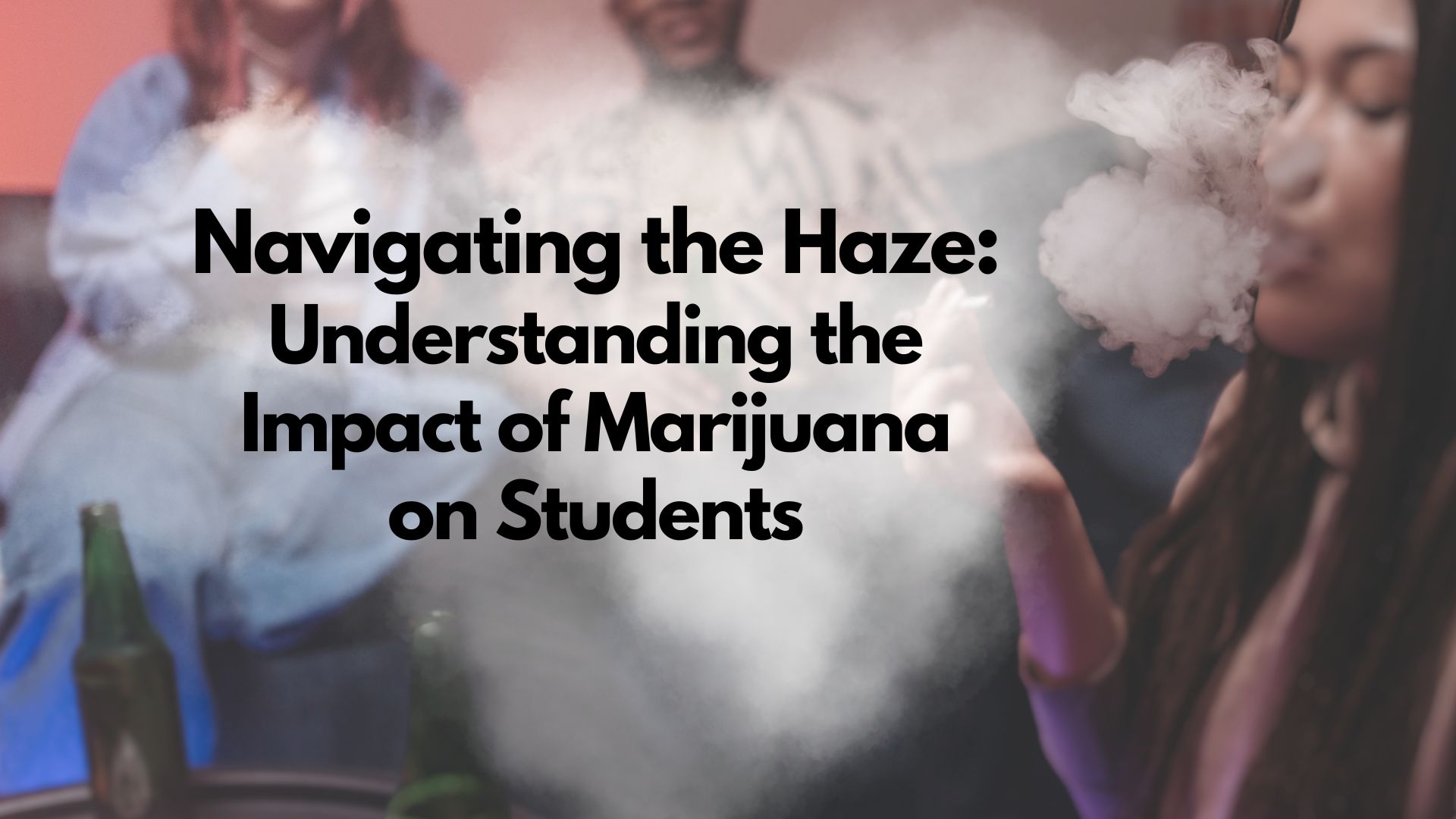
Menu

About the Author

Total Safety Solutions LLC
27762 Antonio Pkwy. L1-537
Ladera Ranch, CA 92694
© Cyber Safe Cop. All Rights Reserved. Privacy Policy | Terms and Conditions | Event Cancelation Policy
© Cyber Safe Cop. All Rights Reserved. Privacy Policy
Terms and Conditions
Event Cancelation Policy